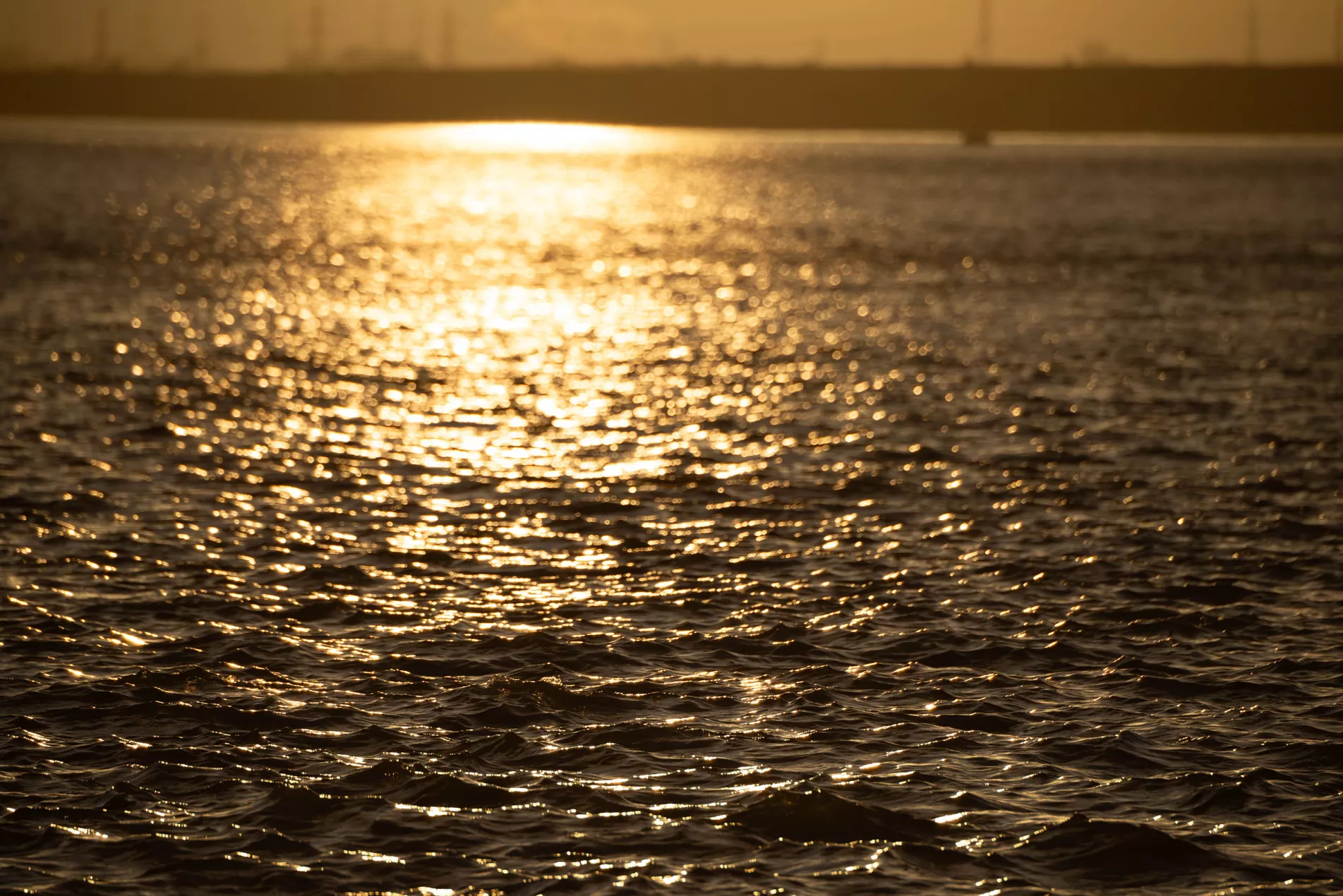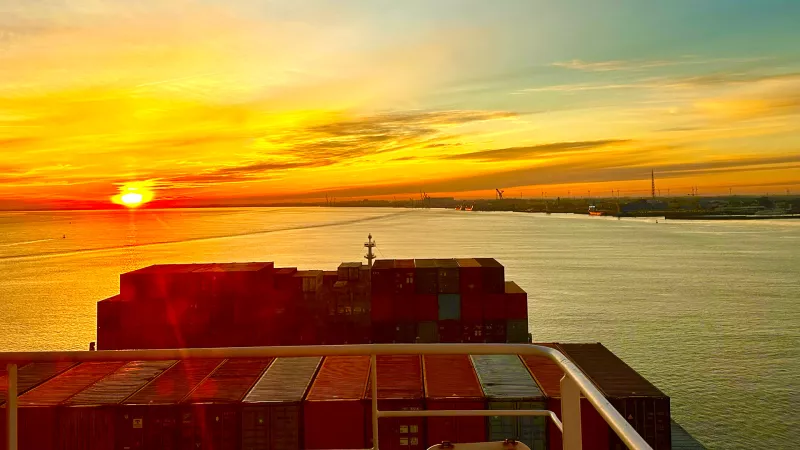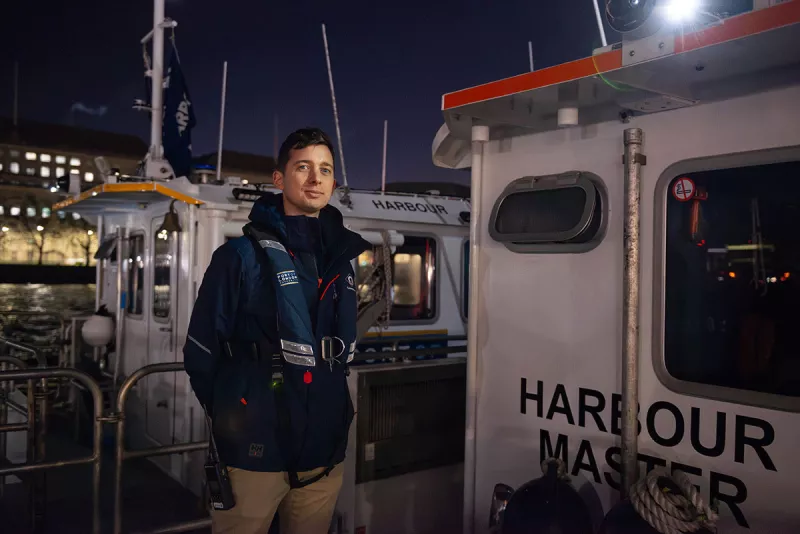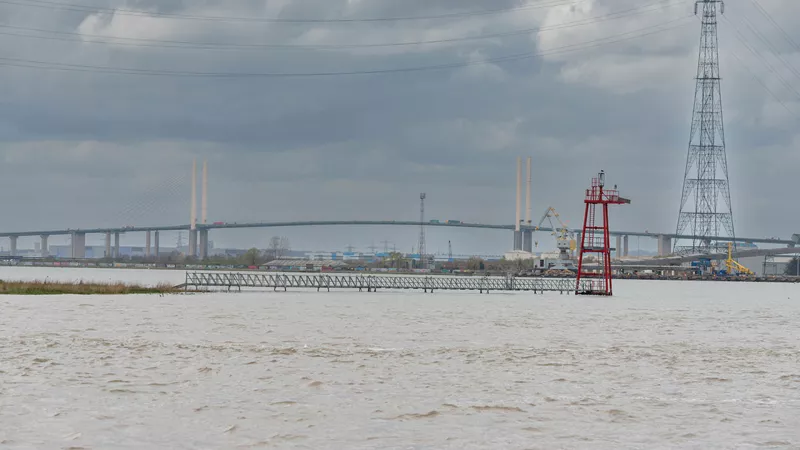Live Tides
NOTICES TO MARINERS
Charts & Surveys
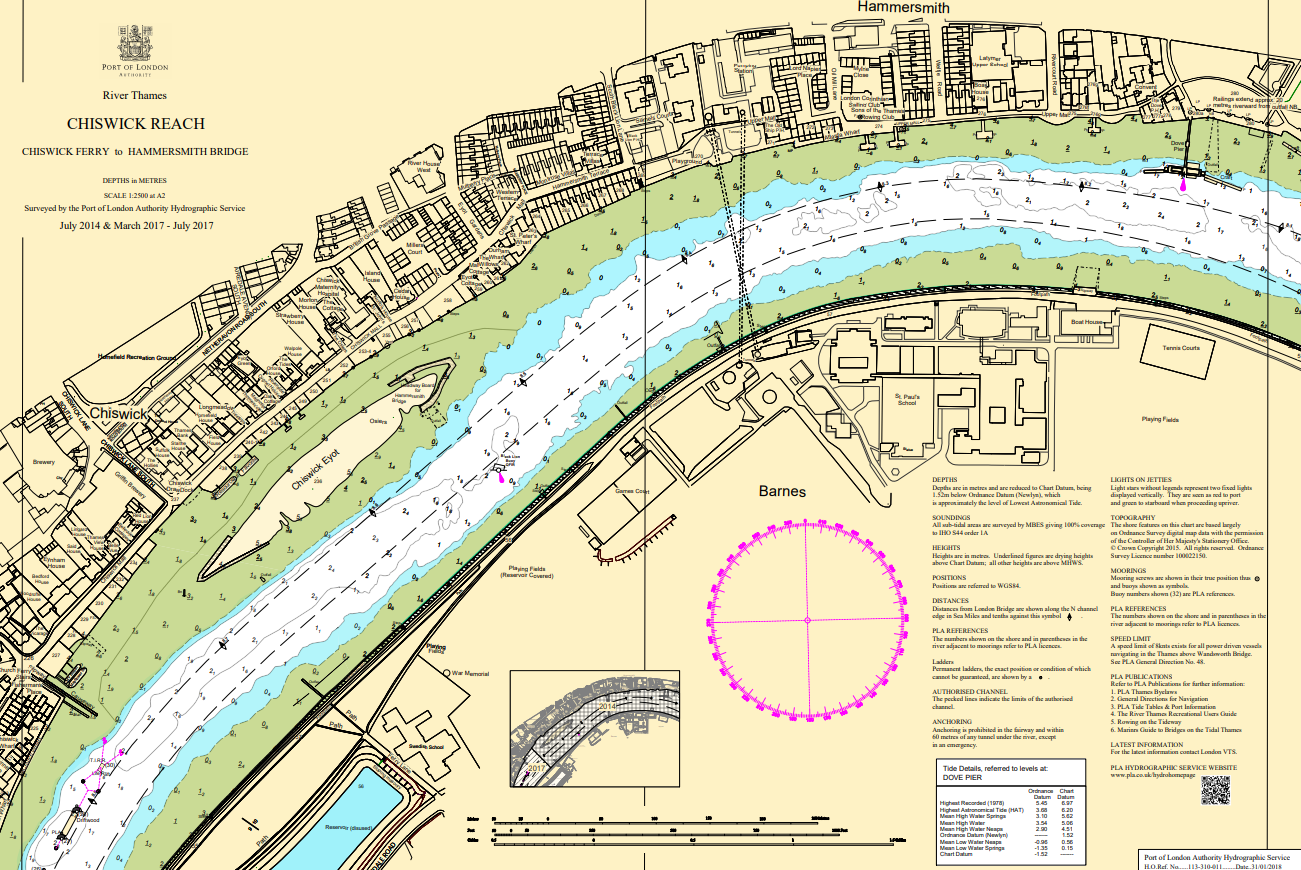
Incident reporting
Life-threatening emergencies on the river:
Call 999 and ask for the Coastguard
For near miss, safety observations and incident reporting click below
Post-covid passenger trade optimism
Richard Bain
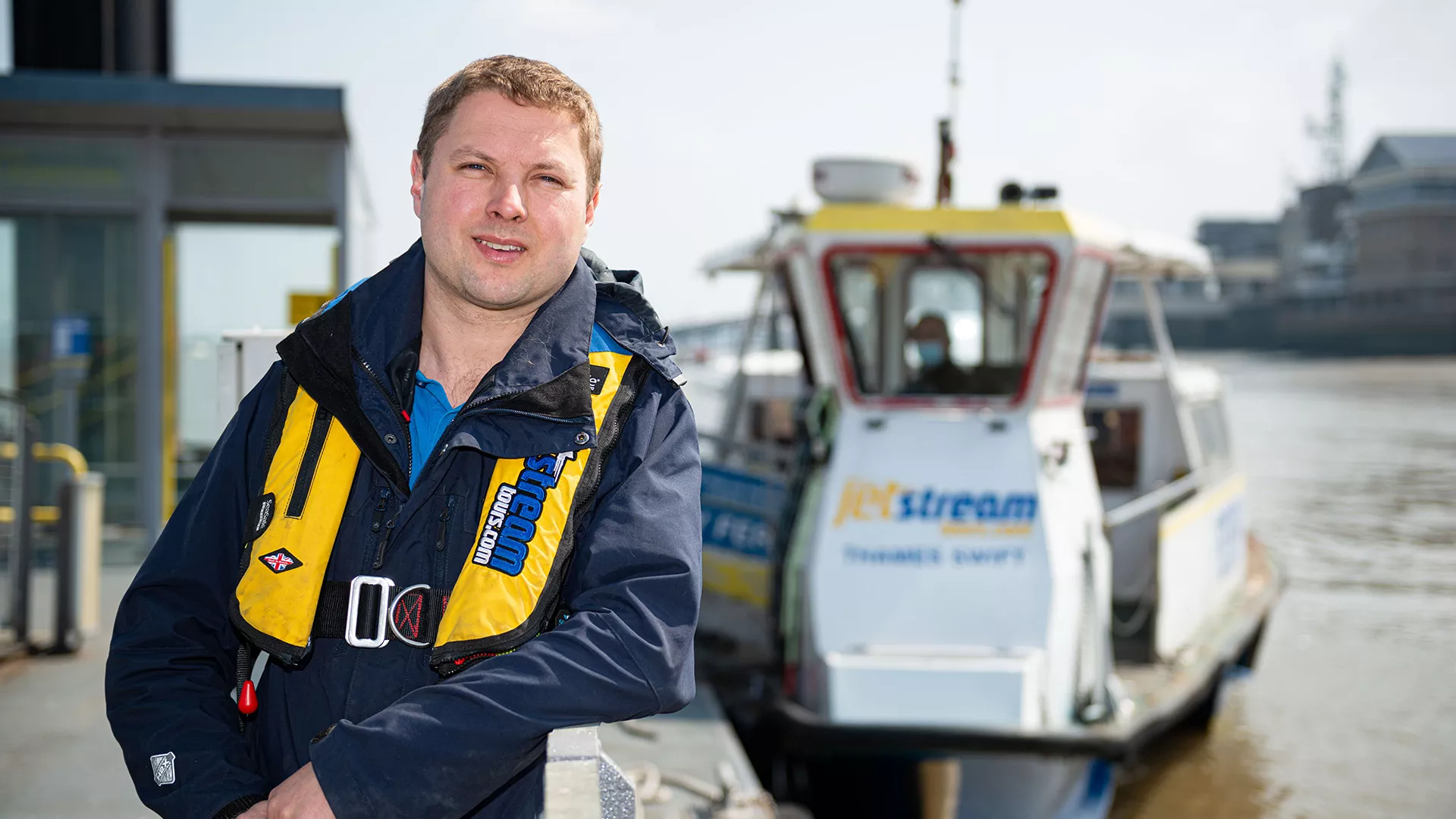
As he rebuilds his business after the pandemic, Richard Bain, MD of Gravesend ferry operator, Jetstream Tours, is optimistic about the future of sustainable passenger trade on the river.
Rooted in the river
“A third generation Thames waterman, I have been working afloat since 2001, when I was apprenticed by my father to the Company of Watermen and Lightermen of the River Thames.
“My maritime roots go even further back; recently, I found out that my great-grandfather worked aboard the White Star Line, out of Liverpool."
A maritime education
“I grew up in Gravesend and attended the town’s grammar school for boys.
“As a young lad, I loved helping my dad look after the family’s workboats.
“I learned from him how engines work, and developed an understanding of boat electronics.
“Aged 16, whilst still at school, I re-built a 14ft speedboat, which the family then used for water skiing for several years.
“On leaving school, I had aspirations to become a naval architect, but my studies on the Solent were short-lived, ending in 2001.
“I returned to the Thames to secure my Waterman’s licence.
“I’m now slowly building and maintaining my own small fleet.
“My love for boats has never faded.”
Working life
“We are a small, but growing company, currently with six employees.
“We operate two passenger vessels, two of which are in use every day. A third is due to enter service in May this year.
“We focus our efforts on connecting people with the Thames Estuary.
“Our offices are in Strood, but our vessels work out of Chatham, Queenborough and Southend."
Ferry cross the estuary
“We also operate the Gravesend to Tilbury ferry, shuttling locals and commuters across the river all year round.
“There are about 150-200 regulars that travel with us week in week out, including a large proportion of children and young people, who live in Essex, but go to school in Kent.
“Crossings during term time at the start and end of the school day can be very busy.
“Off peak, we’re used by people from north of the river for shopping trips to Gravesend.
“Our passengers’ feedback indicates it’s a much more pleasurable way to get about than sitting in traffic using the Dartford Crossing."
A source of fulfilment
“I enjoy working afloat.
“The water is a place of escape from the hustle and bustle of everyday life on the shore.
“Every day is different. You see different ships every day, bringing in cargoes from all over the world.
“The worst thing about the job is the weather. It’s nice in the summer, but winters can be gruelling work."
Post pandemic plans
“Fortunately, we have managed to survive the pandemic without having to furlough any of our staff.
“The ferry services also continued interrupted even through the lockdowns
“I am proud of that. We were a lifeline for many.
“At one point, we were the only passenger vessel operating on the Thames, transporting key workers to work.
“Our excursions remained closed for a significant period, but we used the time wisely, repainting and maintaining the boats, to make sure we were ready to reopen as soon as possible.
“We are looking to build tours to and from Southend and in the river Medway, as well as investing in the Gravesend to Tilbury ferry service, to provide a more resilient service for our customers.
“Our new vessel will be predominantly based at Gravesend, as a back-up for the ferry.”
Eco-planning
“As our business expands, we are working hard to ensure reduce our tours’ impact on the environment, reducing emissions from all our fleet for example.
“We have done this by adapting our generators to start and stop as and when needed and switching to invertors and batteries, when our power requirements are low.
“This work helped us become one the first companies to be accredited in the PLA’s Green Scheme.
“We have also introduced HVO, a biofuel that has proven to reduce emissions from our funnels."
Future hopes
“I am excited about the future.
“I hope that the river can be used far more by commuters and leisure users, particularly in the lower Thames.
“The estuary between Gravesend and the Seaward limit is a vastly untapped resource.”
“Places like Southend, Whitstable, Queenborough and Herne Bay have marine infrastructure, but it is very underutilized, decaying, or both.
“My hope is the trend for staycations following the pandemic will give more people the opportunity to visit our coastal communities and learn more about the river. “
Quick fire
- Favourite time of year on the river? Definitely May to August. Sun and calm waters.
- Best river view? Looking back at the Kent shore from Southend, particularly on a sunny summer evening. Just as the sun is setting over London in the west.
- River recommendations: Queenborough’s pubs, such as The Admiral’s Arm Micropub, are well worth a visit. The Bosuns Tea Rooms’ afternoon teas also make it a great stop off point for sailors and visitors alike.
Related content
Discover
